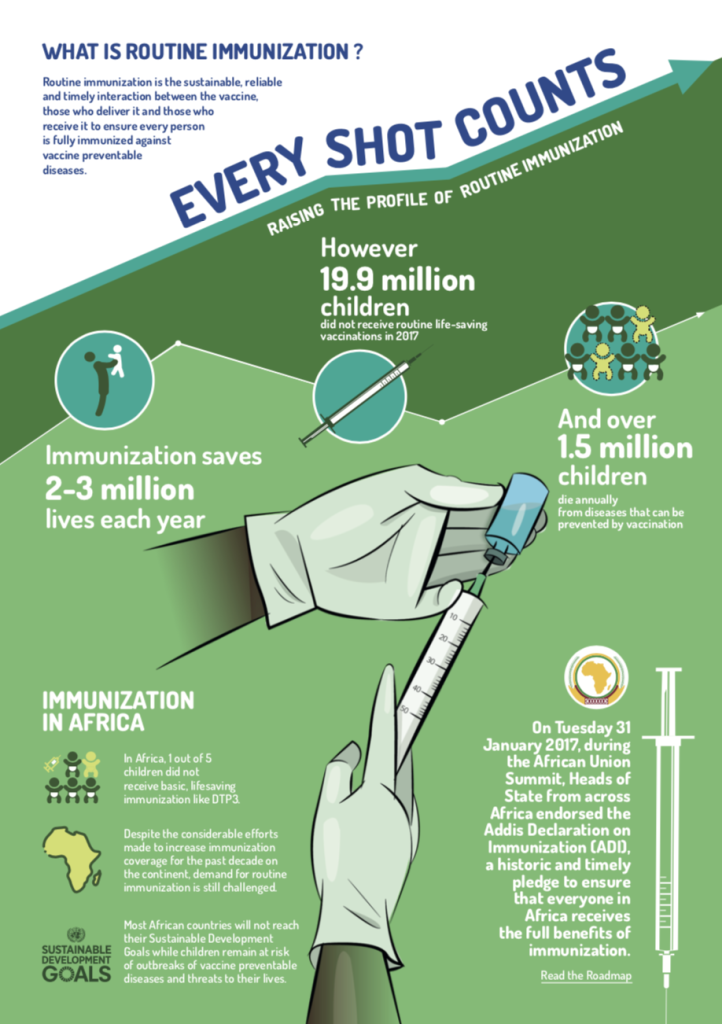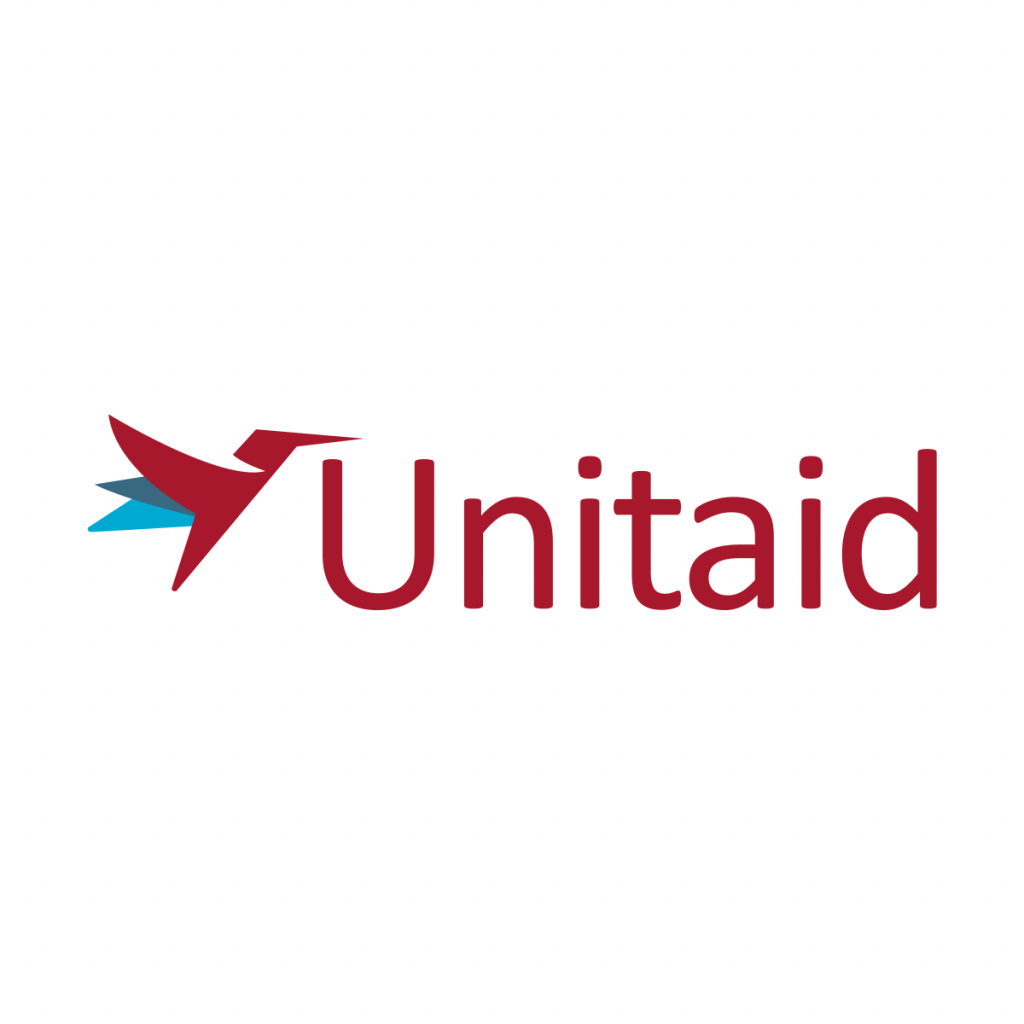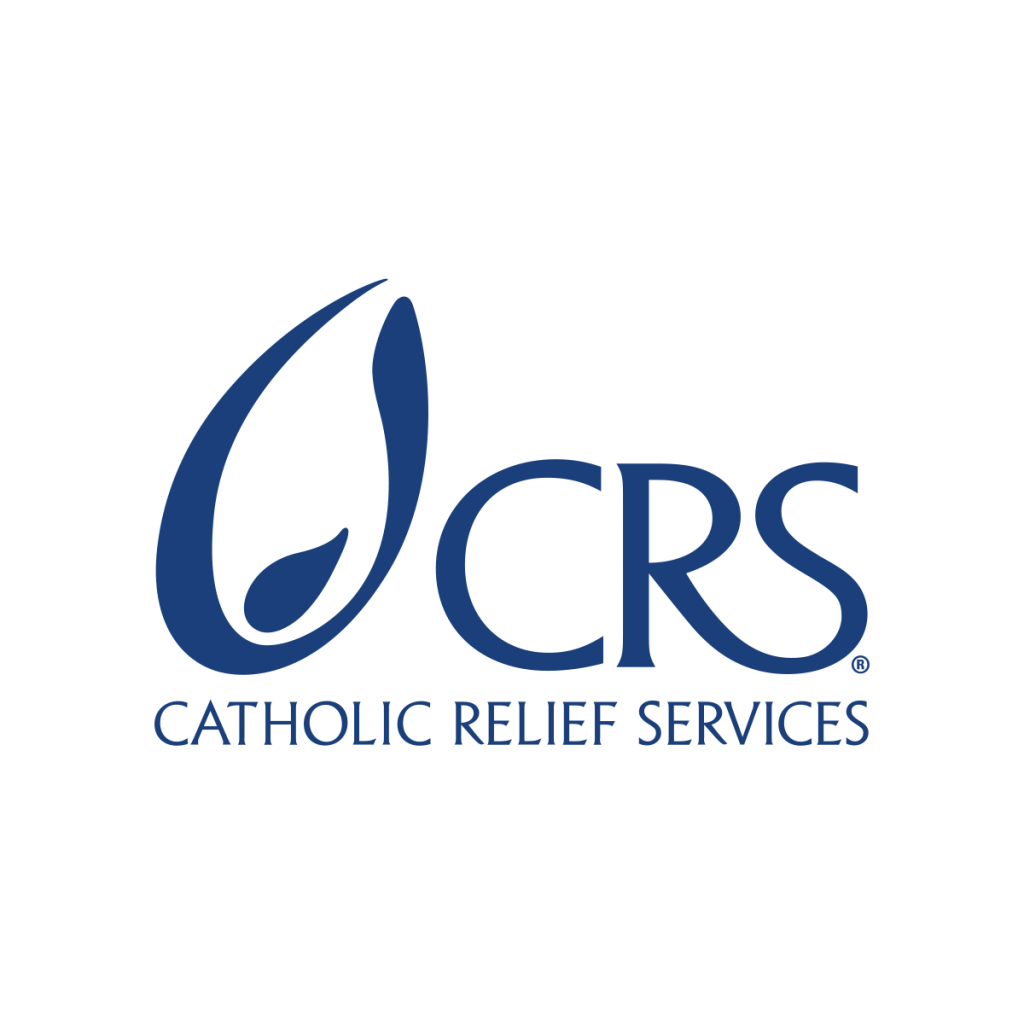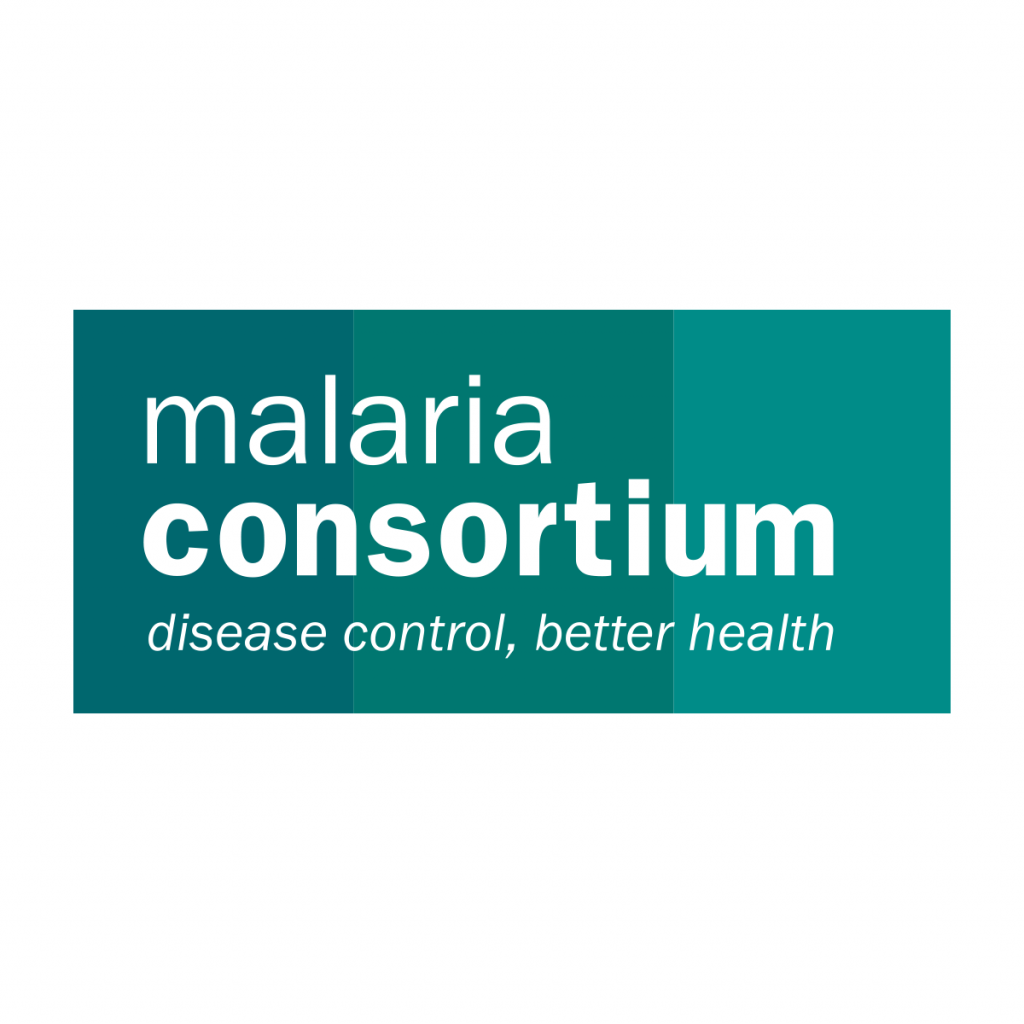ACCESS-SMC
ACCESS-SMC is a project financed by UNITAID and implemented by Malaria Consortium in partnership with Catholic Relief Services. Its objective is to support the national malaria control programs of Burkina Faso, The Gambia, Guinea, Mali, Niger, Nigeria, and Chad in their efforts to scale up seasonal malaria chemoprevention in the Sahel region.
This 3-year project is supported by the Centre de Support en Santé International (CSSI, a Chadian NGO focusing on health support); the London School of Hygiene & Tropical Medicine; Management Sciences for Health; Medicines for Malaria Venture and Speak Up Africa. The World Health Organization recommends SMC as an effective malaria control tool for the 25 million children living in areas subject to a high seasonal incidence of malaria. The project has contributed to a reduction of malaria transmission in children aged 3 months to 5 years and has helped protect some 6.3 million children throughout the region in 2015 and 2016.
Key ACCESS-SMC facts and figures:
− SMC reduces all simple and severe malaria attacks by about 75% and can be effectively scaled up.− 90% of the target children were reached and more than 70% received at least three monthly treatments.− The ACCESS-SMC project has reinforced public health program monitoring systems and over 50,000 health workers and volunteers have been trained on efficient SMC administration, supervision and monitoring.− SMC provides a high degree of personal protection from malaria for children in areas where malaria is seasonal. It costs approximately US$4 per child annually. Very few serious side effects were observed and an independent evaluation revealed no problems.




